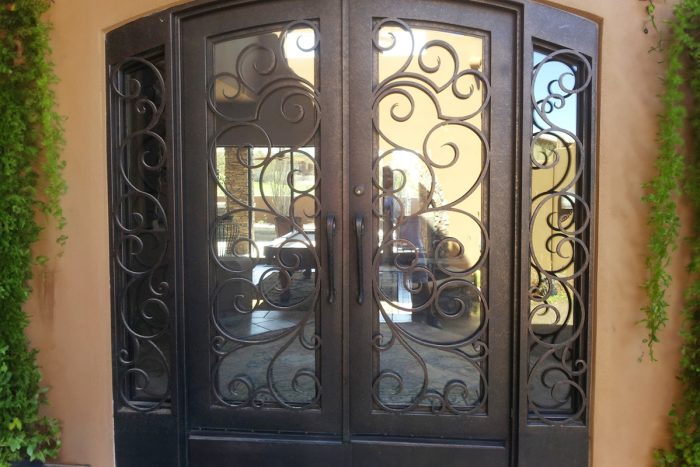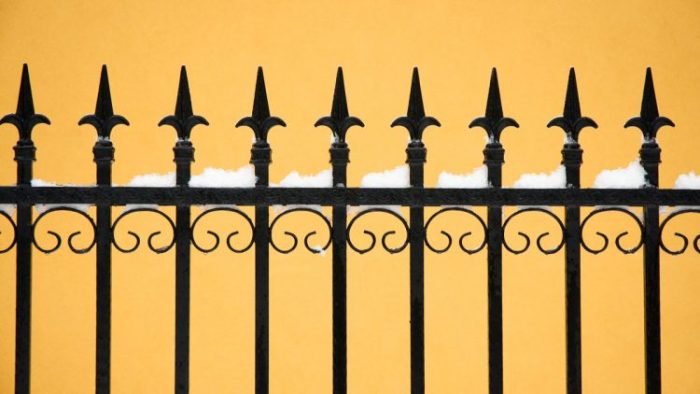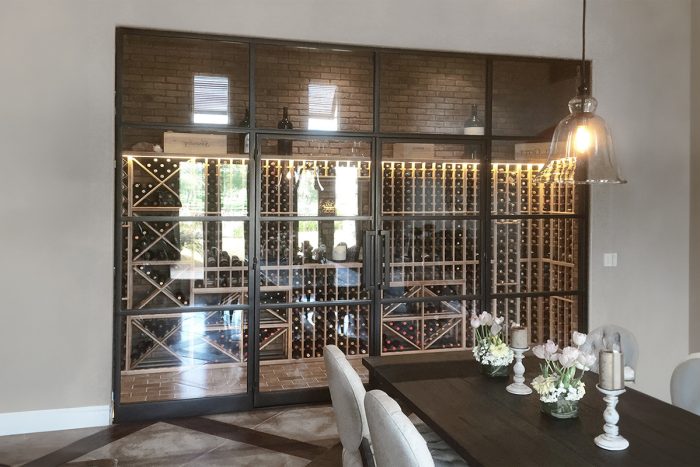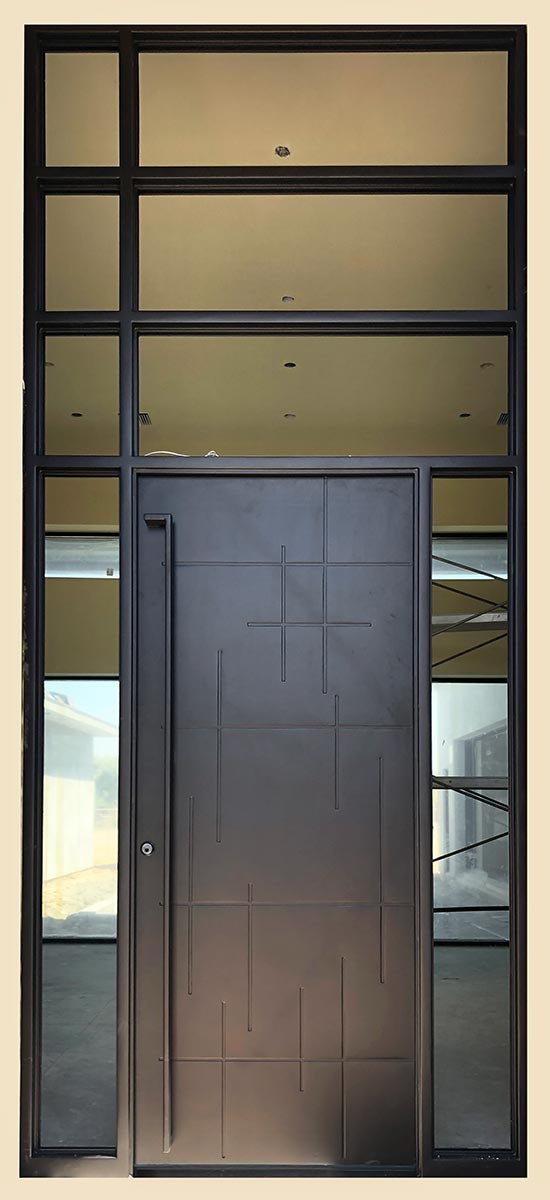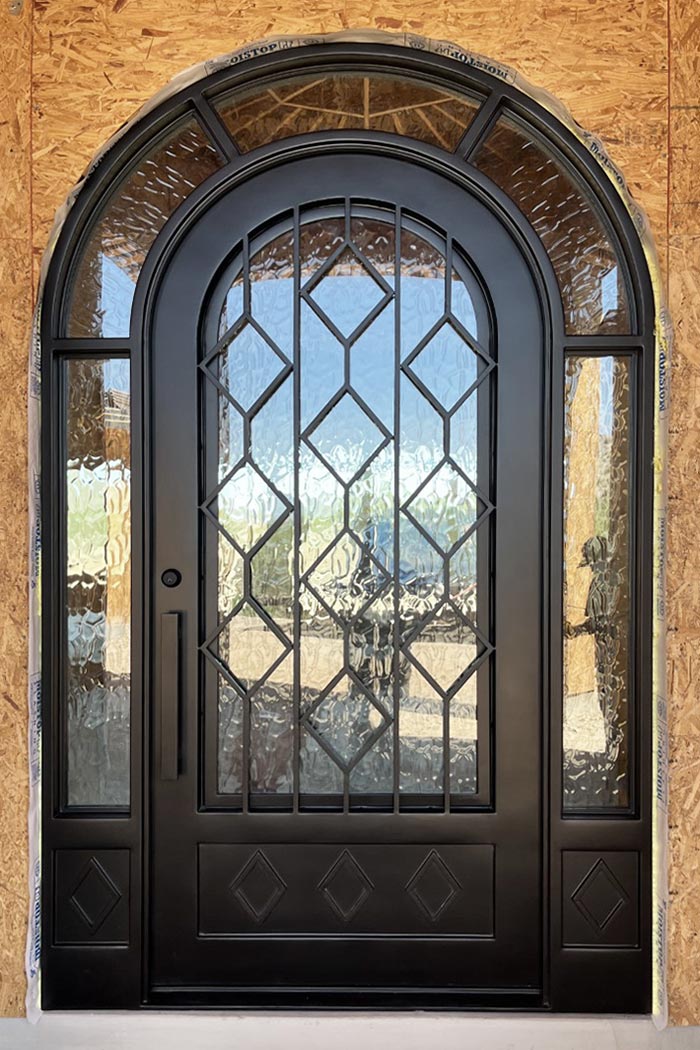Iron Stair Railings Options
Iron stair railings are one of the most elegant and durable options for both interior and exterior stairs. They can be customized to fit nearly any architectural style—from traditional to modern. Here’s a breakdown of the top options and design elements: 🧲 Types of Iron Stair Railings 1. Wrought Iron Most common choice for custom…


